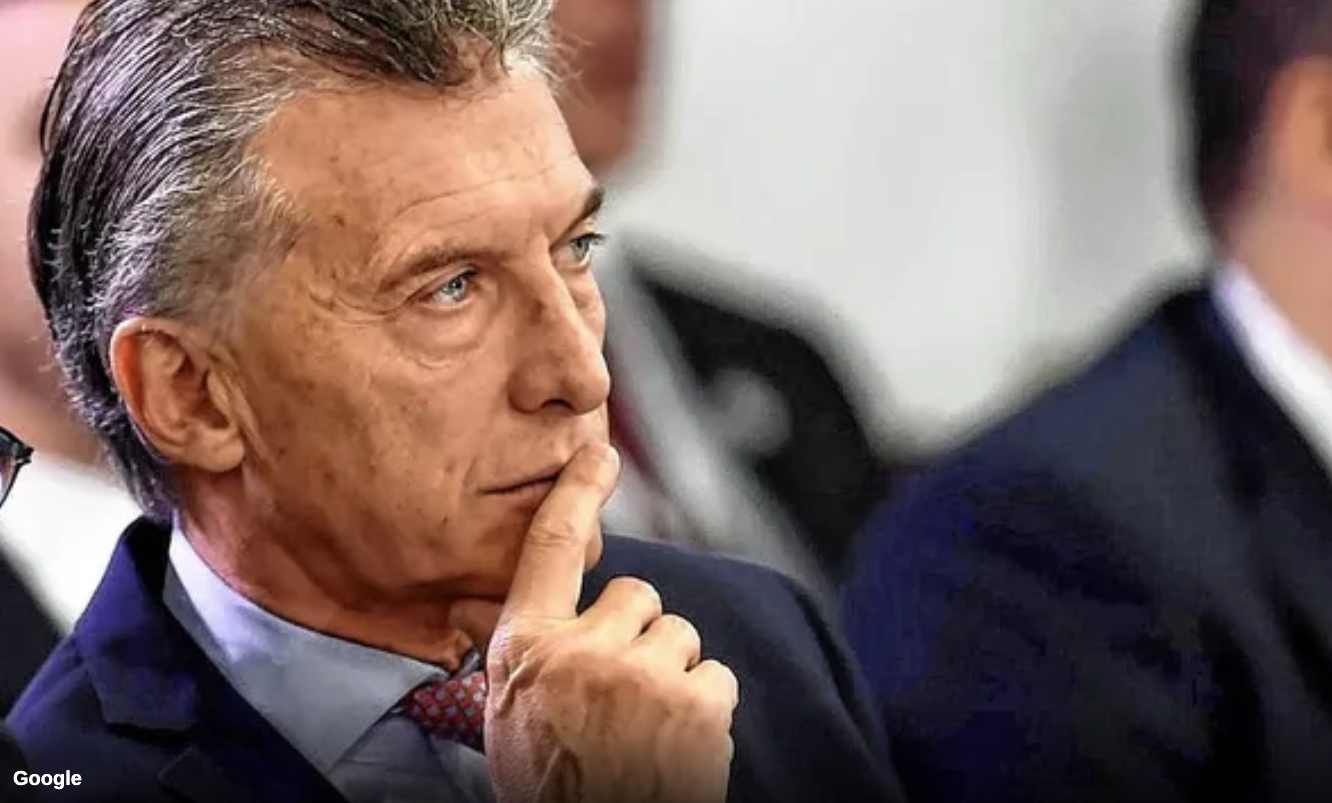By means of a video recorded on Friday, March 24, and broadcast to the Argentine society on Sunday, March 26, former President Mauricio Macri (2015-2019) put an end to weeks of speculation and publicly announced that he would not be a candidate for president, or for any other office, in the October 2023 elections. As it is obvious to imagine, this decision modified and modifies the country’s electoral scenario.
The last two great referents of Argentine politics are Macri himself and Cristina Fernández de Kirchner, who, in turn, are bitter enemies and representatives of a large part of the electorate of two antagonistic political programs. However, given the results of the policies implemented in the last years, they do not seem so different.
Once the electoral schedule leading to the October presidential elections was resolved, the political discussion in the country revolved around the positions of both referents. On Macri’s side, although the final crisis of his presidency was quietly accepted, he is the founder of the party that, together with the Radical Civic Union (Juntos por el Cambio), had defeated Kirchnerism in 2015 after three consecutive presidencies. On Cristina’s side, given the simple fact of being the lighthouse of Frente de Todos as government, and of Kirchnerism as a political movement heir of Peronism, she was the center.
Both political referents had been showing a fatal coincidence in the polls of the last months: the rejection of their figures by the electorate was between 60% and 70% of the population. Although Juntos por el Cambio, due to the crisis Argentina is going through, has a voting intention of between 40% and 50%, the figure of Macri has the aforementioned level of rejection. On the other hand, in the Frente de Todos, with a “hard floor” of between 25% and 30% of voting intention, its natural and undisputed leader reproduces the aforementioned voting intention.
The political analyses and the impressions resulting from political events indicated, with more or less conviction, that the former President was holding back her candidacy, due to a strong probability of electoral defeat. Cristina and her supporters contributed to this division by pointing out that Cristina is banned due to the judicial conviction against her, even though the case has not been confirmed and, therefore, she is qualified to run in elections.
Along the same path, a hypothesis was raised that if Cristina would have any electoral chance, it would lie in the fact of having Macri as a direct opponent. In this way, the confrontation between two political programs that implied two models of country: the neoliberal country versus the country of social justice, was initiated in terms of communication, politics, and discourse. Macri’s resignation implies, for now, two immediate situations.
The first one is a direct stop to the speculation of Kirchnerism described above. Without Macri, Cristina, as a candidate, loses her favorite adversary, with whom she could take the campaign discussion to the ideological field. But without Macri, Cristina could only campaign on the basis of the results of the current government, a government that she formed and of which she is vice-president. And in this field, there is more to be kept quiet in a disguised way than to be shown with ostentation.
The second one, more factual, starts to show a definition in Juntos por el Cambio, whereby, now without Macri, the point is to define candidacies (there are no more than three possible candidacies, and they are not too controversial among them) and to start the electoral campaign. The ruling party is very divided between Kirchnerism, the President, and the Minister of Economy, Sergio Massa. This implies a dangerous delay in starting an electoral campaign in which not even a minimum electoral program has been agreed upon, despite the fact that the country is plunged into an economic and social crisis. Such a crisis, due to the same Government division, has no possibility of finding a way out.
Macri made his first move. He will not be the candidate, as he expected, but he has a strategy that will allow him to be a great organizer of the opposition.
*Translated from Spanish by Janaína Ruviaro da Silva











